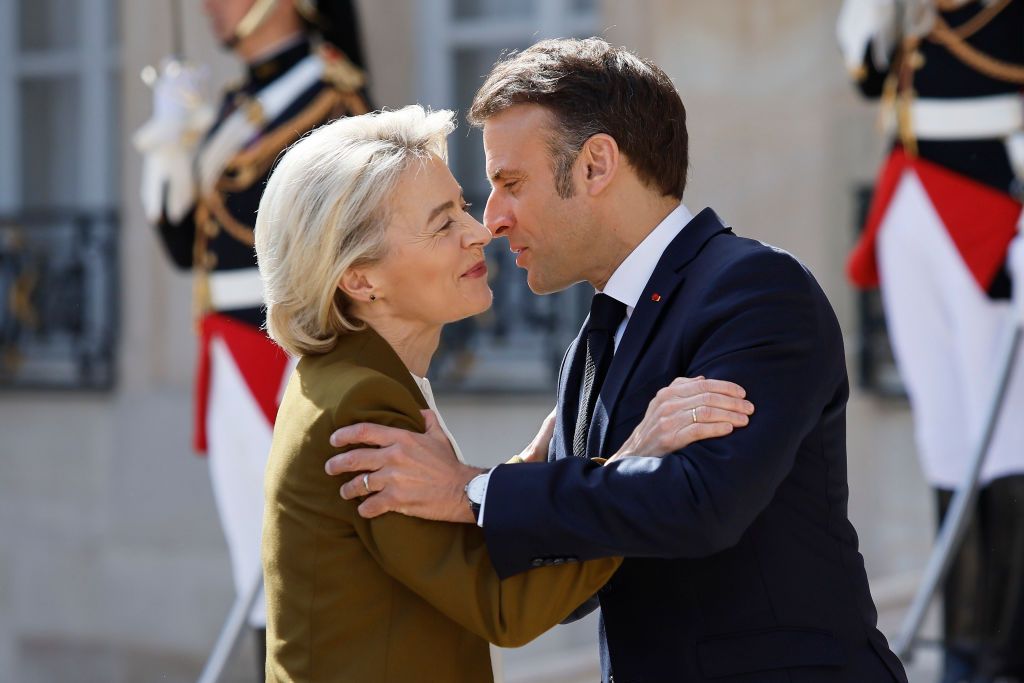Ursula von der Leyen re-elected as European Commission president

The European Parliament confirmed on July 18 Ursula von der Leyen as the European Commission president, granting her a second 5-year term.
First elected in 2019, von der Leyen led the EU's executive arm during Russia's full-scale invasion of Ukraine, positioning herself as a staunch supporter of Kyiv.
The 65-year-old German politician was supported by 401 European Parliament members (MEP) in a secret vote, with 284 voting against.
Von der Leyen's European People's Party (EPP) came first in the European elections in June, which resulted in the continued dominance of centrist forces in spite of the growing number of far-right MEPs.
She was considered the most likely candidate for re-election, despite opposition among the far-right groups due to issues connected to environmental policies and immigration, but also in the center due to her supposed inconsistencies in enforcing the rule of law.
Because of the vote's secrecy, it remains unclear which MEPs supported her, but von der Leyen said before the elections she would not seek alliances among those political groups that are "(Vladimir) Putin's friends" or "against the rule of law."
"Are you supporting Ukraine? And are you fighting against Putin's attempt to weaken and divide Europe? And these answers have to be very clear," the commission's president said.
Von der Leyen visited Kyiv several times throughout the full-scale war, most recently during the second anniversary of the invasion on Feb. 24.
Under her leadership, the European Commission has advocated for greater assistance for Ukraine and backed Kyiv's accession efforts, which led to the opening of talks last month.












